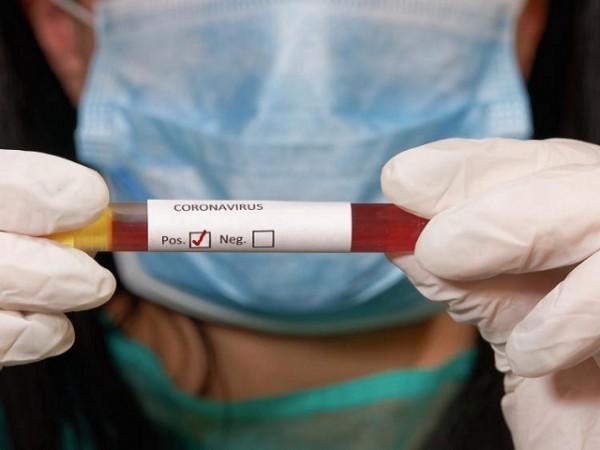
South Korea's new coronavirus cases approached 5,200 on Tuesday, with an alarming cluster of infections continuing to swell in the southeastern city of Daegu. President Moon Jae-in declared a "war" on the fast-spreading virus.
The 374 new cases, which were identified over the past 16 hours on Tuesday, brought the nation's total number of infections to 5,186, the Korea Centers for Disease Control and Prevention (KCDC) said.
So far, 31 people, mostly patients with underlying illnesses, have died in South Korea from the respiratory virus that emerged in China late last year. Daegu, the epicenter of the virus outbreak here, reported three more deaths from the virus on Tuesday.
The KCDC said 56.1 per cent of confirmed cases nationwide have been linked to a branch of the Shincheonji religious sect in Daegu, the country's fourth-largest city with a population of 2.5 million.
The justice ministry said last week that some members of the religious group visited the Chinese city of Wuhan, the global epicenter of the virus.
Of the new 600 cases detected on Monday, 520 are in Daegu, 300 kilometers southeast of Seoul, and 61 are in neighbouring North Gyeongsang Province, according to the KCDC. The total number of cases in Daegu and North Gyeongsang stood at 3,601 and 685, respectively.
Moon ordered all of the government's organizations to shift to a "24-hour emergency situation room system," citing the need to bolster readiness to handle quarantine and economy-related measures.
Vice Health Minister Kim Gang-lip told reporters that authorities will expand virus tests on ordinary citizens in Daegu as they have completed tests on Shincheonji followers who have shown symptoms.
Kim said the top priority of testing in Daegu shifted from Shincheonji followers to ordinary citizens to curb the spread of the virus.
According to the central government and Daegu city, about 2,300 confirmed cases in Daegu were tied to Shincheonji. So far, about 11,000 ordinary citizens in Daegu have undergone tests and 1,300 have tested positive for the virus.
"There is a need for us to expand tests on ordinary citizens in Daegu because confirmed cases among ordinary citizens are not small," Kim said.
The government will set up more isolation facilities in Daegu by early next week to admit some 2,000 virus patients, Kim said.
Kim renewed calls for citizens to increase their "social distancing," wash their hands with soap and avoid crowded places, saying, "The first-line of defense depends on people."
Kim noted that it is difficult to judge whether the virus is spreading faster to other regions as about 90 percent of confirmed cases have been in Daegu and North Gyeongsang.
Virus cases in Busan rose by two to 90, with 31 patients linked to a Christian church in the Dongnae district and another nine patients linked to Shincheonji.
The 31 patients of the Oncheon church in Busan are tied to the church's three-day retreat that ended on Feb. 17, officials said. It is still unclear how they were infected with the virus.









!['Had denied Housefull franchise as they wanted me to wear a bikini': Tia Bajpai on turning down bold scripts [Exclusive]](https://data1.ibtimes.co.in/en/full/806605/had-denied-housefull-franchise-they-wanted-me-wear-bikini-tia-bajpai-turning-down-bold.png?w=220&h=138)



